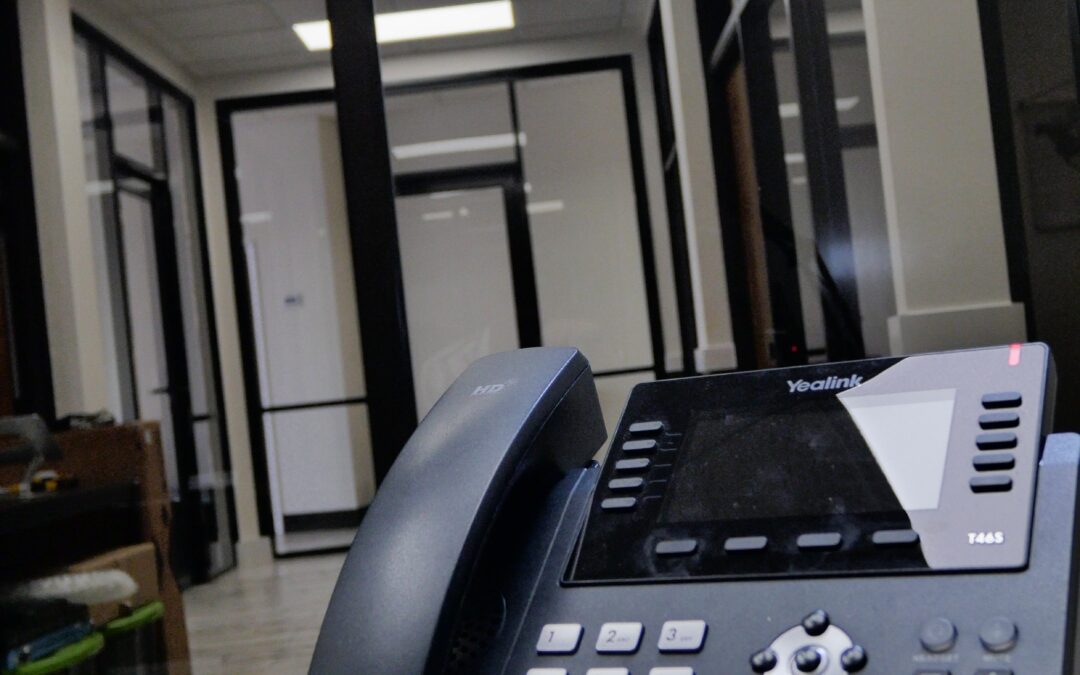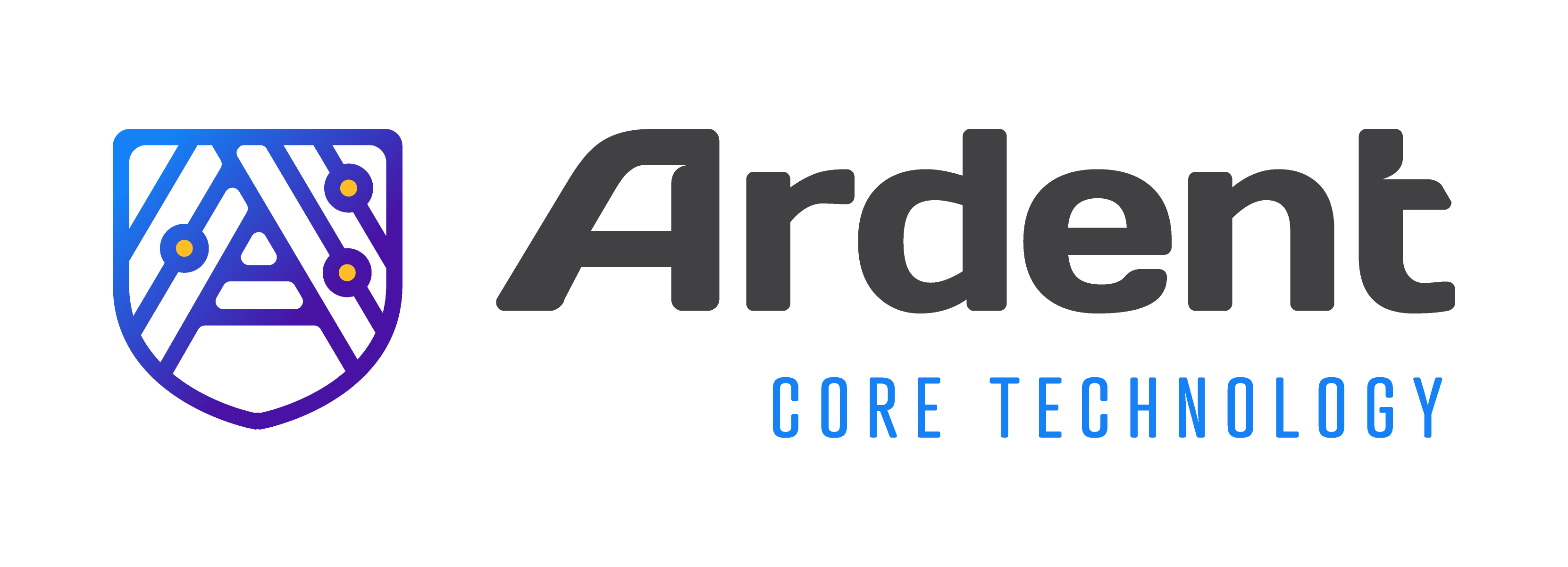VoIP Phone System Security: Essential Best Practices to Safeguard Your Business Communications
Introduction
In today’s digital landscape, VoIP (Voice over Internet Protocol) phone systems have become integral to business communications. However, with their growing use comes an increased risk of security threats. Ensuring the security of your VoIP system is paramount to protecting your business communications from potential breaches. This guide explores key best practices to enhance the security of your VoIP phone system.
1. Encrypt Your VoIP Communications
Encryption is a critical component in safeguarding your VoIP phone system. By using robust encryption protocols, you protect your voice data from unauthorized access and eavesdropping. Encryption ensures that even if data is intercepted, it remains unreadable to malicious actors. Make sure your VoIP provider offers strong encryption standards and regularly reviews encryption settings to maintain high security levels.
2. Implement Firewalls and Intrusion Detection Systems
To defend your VoIP system against cyber threats, deploy comprehensive firewalls and intrusion detection systems (IDS). Firewalls act as a barrier between your VoIP network and potential threats from the internet, while IDS can detect and alert you to suspicious activities. Regularly update and configure these security tools to adapt to emerging threats and vulnerabilities.
3. Enforce Secure Access Controls
Controlling access to your VoIP system is essential for preventing unauthorized usage. Restrict system access to only those personnel who need it and enforce strong, unique passwords for each user. Consider multi-factor authentication (MFA) for an additional layer of security. By managing access effectively, you reduce the risk of internal and external security breaches.
4. Keep Software and Hardware Up to Date
Regularly updating your VoIP software and hardware is crucial to maintaining security. Security patches and updates often address known vulnerabilities and fix bugs that could be exploited by attackers. Establish a routine schedule for checking and applying updates to ensure your system benefits from the latest security enhancements.
Conclusion
Securing your VoIP phone system is essential for protecting your business communications from potential threats. By implementing encryption, utilizing firewalls and intrusion detection systems, enforcing secure access controls, and keeping your software and hardware up to date, you can significantly enhance the security of your VoIP system. Adopting these best practices will help safeguard your communications and ensure the integrity of your business operations.



Great article! I really appreciate the clear and detailed insights you’ve provided on this topic. It’s always refreshing to read content that breaks things down so well, making it easy for readers to grasp even complex ideas. I also found the practical tips you’ve shared to be very helpful. Looking forward to more informative posts like this! Keep up the good work! YouTube Downloader Online
7Q2vlB5VfCS
bnY53z3Xzy3
OUqCAObrShy
Jr6YRd1bEz6
0SDDgU4LTE1
xWsoKg0zMIk
FGCDmcd0RJK
lmfmYfJ39Q0
yzoU887pmnt
k4X8gYBG3ID
swIPLsYuqiI
QAGWhczz74C
kkdQRRJEKy2
cIlmkgBezv0
i5o2KxupQMz
rzo3MMf8hV8
rHSHtDvT4Bc
ByTWWMTus5L
YukNC9qIHM8
1s9sjFdlmQ7
wjecDlDCVvI
xgM8uCzAYim
IwXpu1me0vZ
qtmNy53mnGD
1t0fyYafaZj
9Y4jBe022JM
galtTrQQUY0
szk5SNHSAn1
WirBK00BjzH
kDpj1BVqbQI
7ttoalDc0RP
fEKLa55GfBy
oMdQS0P8akc
VODk0l9VCcj
LwhTAb3CEIa
6ka9ss1PgtJ
https://berforum.ru/gallery/image/8946-15/
Good https://is.gd/tpjNyL
Good https://is.gd/tpjNyL
http://wish-club.ru/forums/index.php?autocom=gallery&req=si&img=5313
https://vitz.ru/forums/index.php?autocom=gallery&req=si&img=4886
https://vitz.ru/forums/index.php?autocom=gallery&req=si&img=4838
https://mazda-demio.ru/forums/index.php?autocom=gallery&req=si&img=6360
http://terios2.ru/forums/index.php?autocom=gallery&req=si&img=4780
https://hrv-club.ru/forums/index.php?autocom=gallery&req=si&img=7113
http://terios2.ru/forums/index.php?autocom=gallery&req=si&img=4782
http://wish-club.ru/forums/index.php?autocom=gallery&req=si&img=5441
https://hrv-club.ru/forums/index.php?autocom=gallery&req=si&img=7014
http://toyota-porte.ru/forums/index.php?autocom=gallery&req=si&img=3321
https://vitz.ru/forums/index.php?autocom=gallery&req=si&img=4850
https://mazda-demio.ru/forums/index.php?autocom=gallery&req=si&img=6374
http://terios2.ru/forums/index.php?autocom=gallery&req=si&img=4618
https://myteana.ru/forums/index.php?autocom=gallery&req=si&img=6681